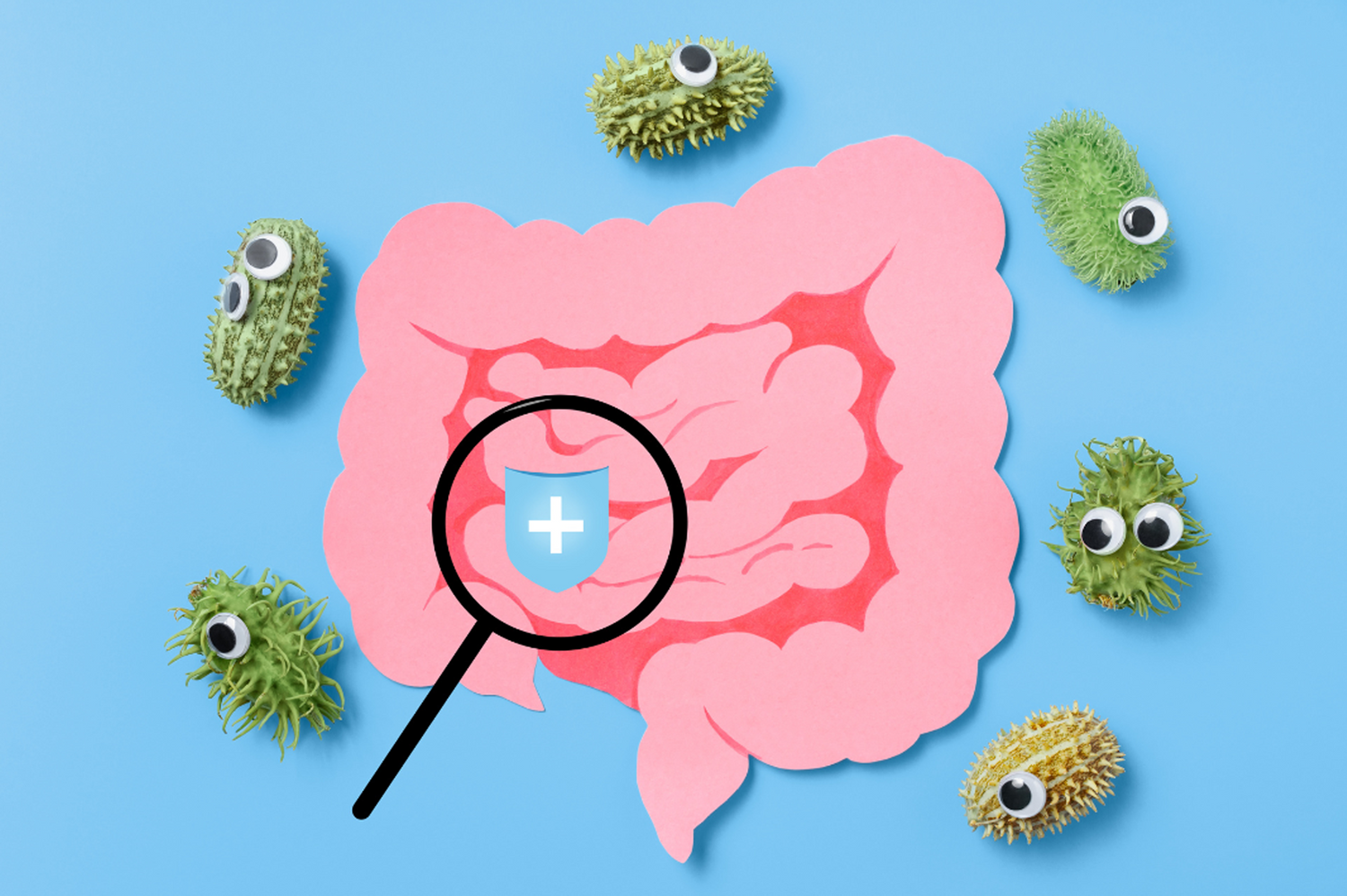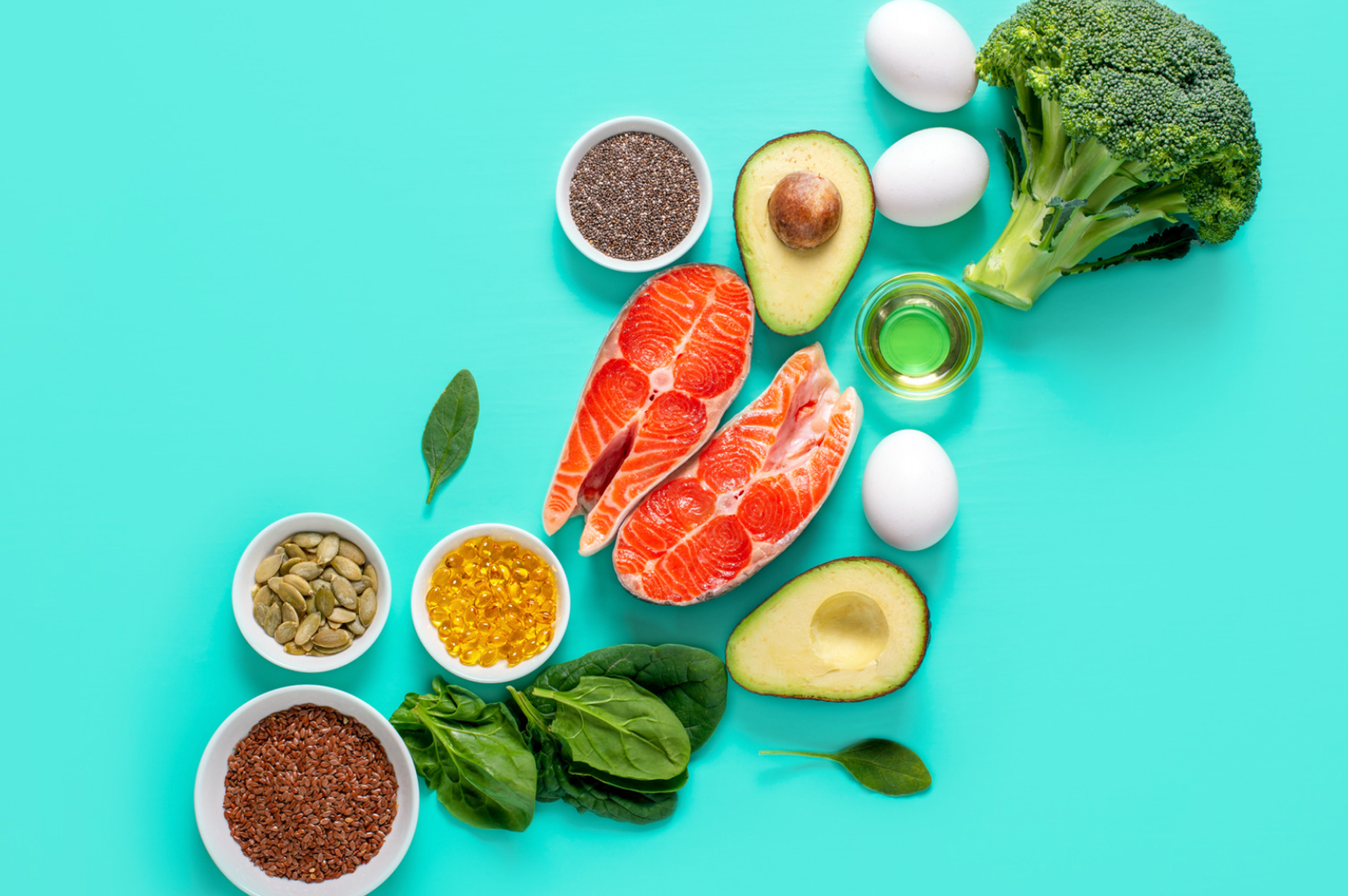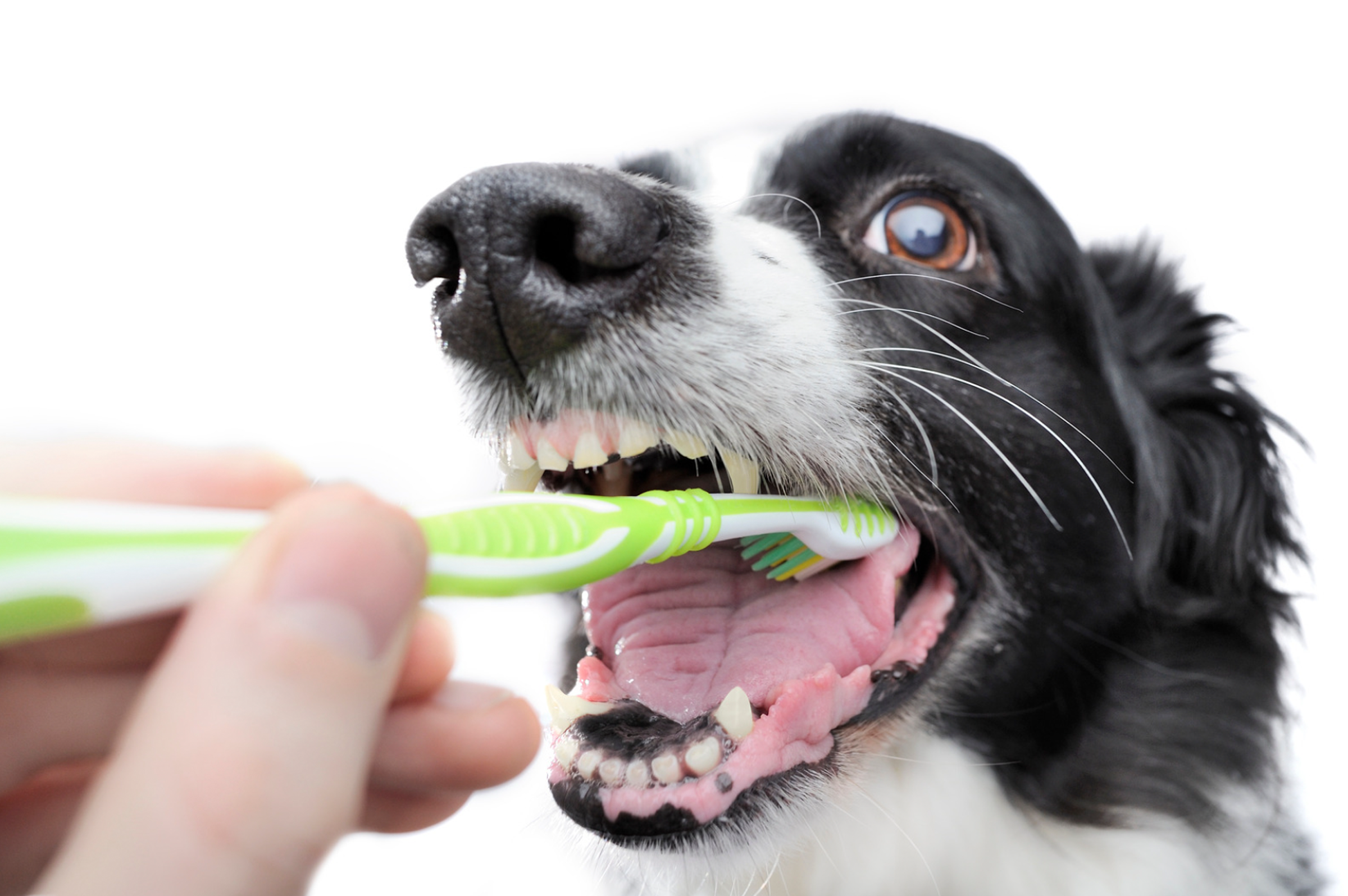Probiotics have taken center stage in the world of pet health, emerging as a pivotal element not just for a well-functioning digestive system but for a plethora of health benefits that go far beyond. With a surge in inclination towards scientifically-backed wellness trends, pet parents now seek comprehensive approaches to sustain and elevate their furry companions' health.
Pet Wellness Direct stands at the forefront of this innovation with its top-tier selection of pet-focused probiotics, advocating for a holistic enhancement of pet vitality which is affirmed by a commendable lineage of veterinary endorsements. But what exactly are these benefits and how do they contribute to the overall well-being of our pets? Let's look at the science behind probiotics and understand their far-reaching impact on our pets' health.
Boosting Immunity: The Protective Layer
An integral part of your pet's immune system resides within their gut. A copious amount of research, including studies published in the Journal of Nutrition, demonstrates that a balanced microbiome fortified with probiotics can act as an army against pathogens, enhancing the immune response. By introducing beneficial bacteria into your pet's intestinal flora, probiotics, like those found in our Probiotic Nutrient Enhancer, help in:
- Reducing the prevalence of infectious diseases.
- Decreasing the duration and severity of gastrointestinal ailments.
- Strengthening the gut barrier against opportunistic microbes.
Promoting a Gleaming Coat and Healthy Skin
A flourishing gut does not solely influence the insides; it is reflected outwardly too. A study from Frontiers in Immunology suggests a positive correlation between probiotics and skin health. This implies that probiotics may aid in warding off dermatological issues which are commonplace among pets.
Combating Allergies and Infections
Probiotics can be a game-changer for pets with sensitive skin or allergies. By equipping the body with good bacteria, the immune system is fine-tuned to differentiate between harmful invaders and benign elements, thus potentially easing allergic symptoms.
Enhancing Coat Luster and Texture
Regular consumption of probiotics can contribute to the luster, strength, and texture of your pet’s coat, mirroring the internal health benefits on the outside.
Improving Behavioral Health
Another unexpected arena where probiotics shine is in behavioral health. Studies, including one published on the ScienceDirect website, have begun to draw connections between gut health and mental well-being. This research points to the idea that a balanced gut microbiome can improve mood and reduce stress-related behaviors in animals.
Optimizing Nutrient Absorption
Probiotics not only nurture the gut lining but also facilitate optimal nutrient uptake. This is critical, given that no matter the quality of your pet's diet, it is only as good as the absorption capacity of their digestive system. With the addition of meticulously crafted probiotic aids from Pet Wellness Direct, your pet can reap maximum benefits from their meals.
Enhancing Overall Quality of Life
The overarching theme gleaned from the extensive portfolio of probiotic advantages is a tangible enhancement of life quality. When pets are physically robust, mentally calm, and radiant in appearance, their days are invariably filled with more vitality and joy. In turn, pet owners can take solace in knowing that they are providing their pets with a life brimming with wellness. Start including probiotics in their diet now!











